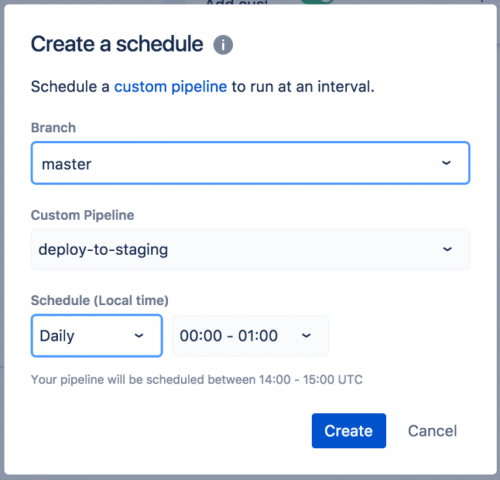Today is my third birthday as the Qobo CTO. Here are the summary posts for the first and second years, if you are interested.
I haven’t had a boring year at Qobo yet. And this last one was the most eventful and interesting, both business and technology wise. Let’s have a quick look at the business side of things first.
Since last August, here are some of the things that happened:
- In October 2016 we opened the Limassol office. It’s mostly used by developers and for developers. But we had a few client meetings in there too. If things go as fast an good as they are going, we’ll need to either expand it soon, or move to the new premises.
- In December 2016 we closed the deal with our first angel investors. That was quite a lengthy and tedious process, during which we spoke to a lot of organizations and individuals, went through a variety of checks and audits, and figured out answers to many questions that we’ve never asked ourselves. As a result, we found partners who not only brought the money in for the company growth, but a wide range of business expertise. Personally, I’ve learned a lot during and after this process, and hopefully will boost my understanding of the business world.
- In March 2017 we received the confirmation that our application for the Research and Development grant from the Cyprus government and European Union was approved. This process also took quite a bit of effort and time and is far from over. This money will help Qobo to grow even further and once the tender is complete we’ll have quit a thing to show for it. That’s about as much as I can say now.
- In May 2017 we opened the London office. This one is mostly for our sales force and the expansion of business into the UK market.
- Over the course of the whole year, we have grown our team quite a bit as well. We are now about 15 people, but it’s not the quantity that matters, but eh quality. We manage to bring in some people that I worked with in many previous jobs (Easy Forex, FXCC, Tototheo Group, FxPro, and even as far back as PrimeTel). And by the looks of it, the team will continue to grow.
- And much like in previous years, we have signed more clients, did more projects, and delivered more solutions, both locally, here in Cyprus and abroad (primarily United Kingdom).
Now let’s have a look at technology a bit more. Last year I mentioned Qobrix, but I could give you any more details. Today, Qobrix is a real thing. It’s our own platform for building business applications rapidly. We developed it to a very usable state, and built quite a few applications with it, anything from custom processes, Intranets, and all the way up to the CRMs. The platform is being actively developed and is maturing every day. We have also started building a new website that provides plenty of information for it.
Big chunks of our development effort are being released as Open Source software – have a look at our ever-growing GitHub profile. We have also contributed to a number of Open Source projects in both CakePHP and WordPress ecosystems.
We are also getting much better at this whole cloud computing thing. Our knowledge of Amazon Web Services (AWS) is growing and improving. We have more servers now, use more services, and planning to expand even further.
Overall, as you can see, this was quite an intensive year, and it doesn’t look like things are slowing down. Quite the opposite. After three years at Qobo, I have to say that this is hands down the best job I ever had (and I had some pretty amazing jobs in the last couple of decades). I’m learning a lot every single day. I see the impact of my effort on the company as a whole, on the team, and on our clients. And I am still humbled by the expertise and virtues of people around me.
I’d like to thank everybody around me for all the wisdom, tips, hard work, and joyful moments during the last year. I’ll be raising my glass tonight for many more years like this one. Cheers!
